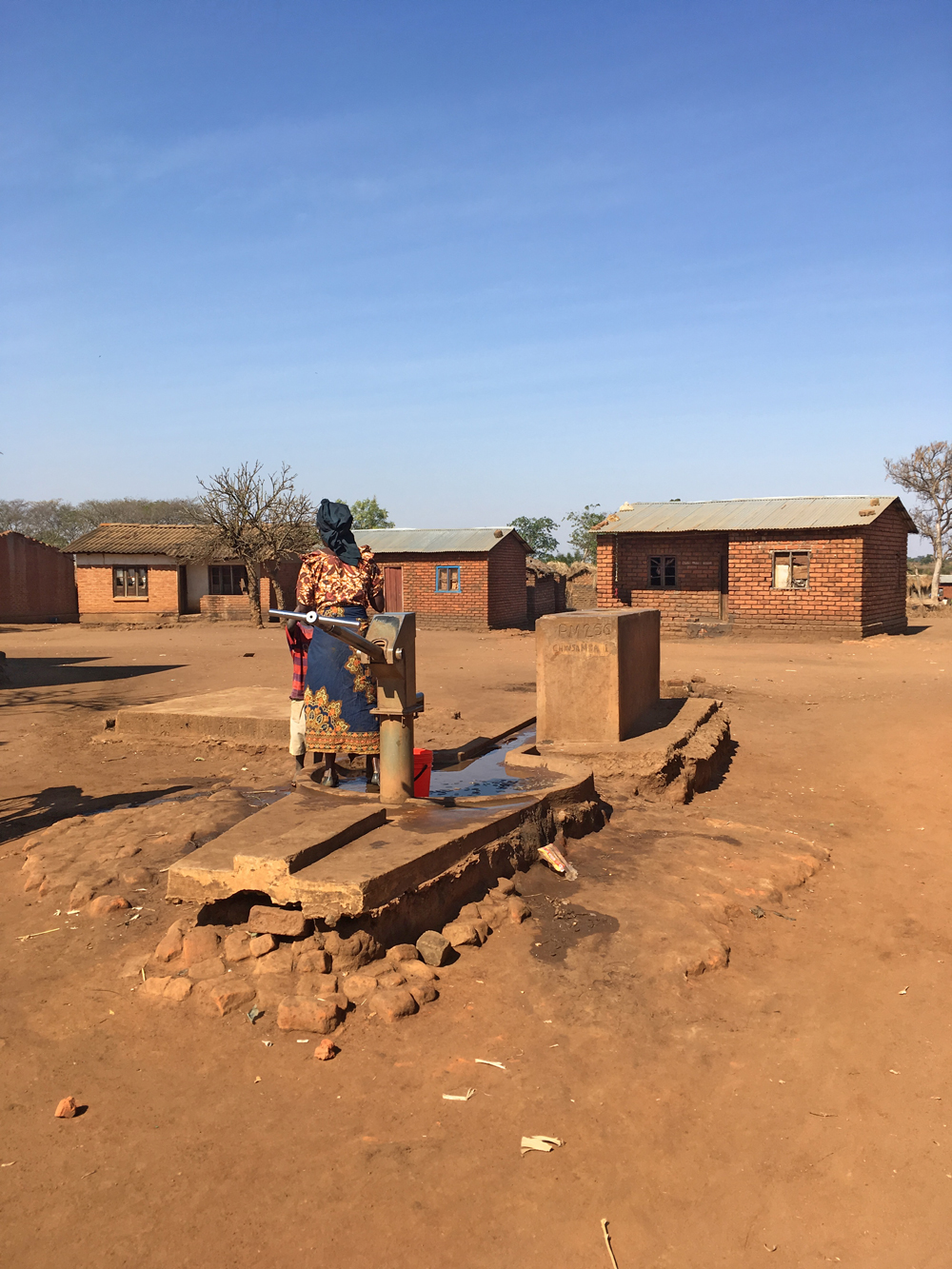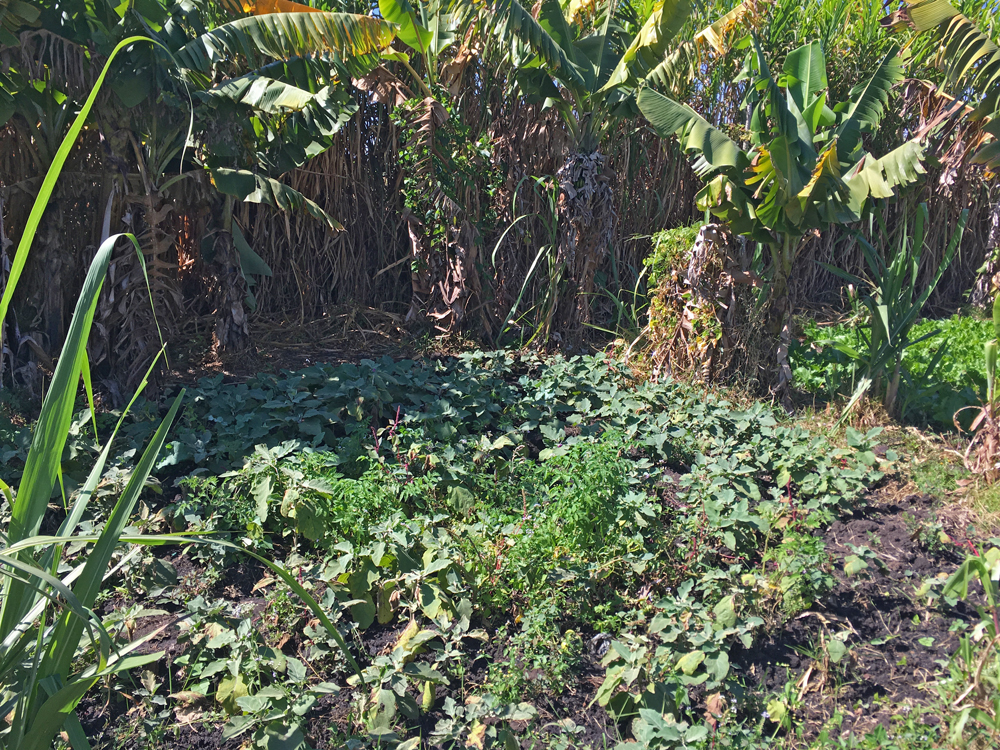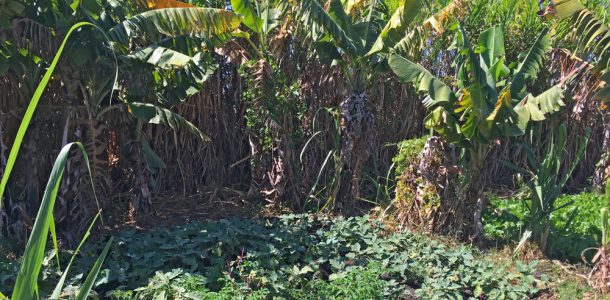
Project summary:
This research aims to explore the vulnerability of agricultural and rangeland production system livelihoods to climate variability and change across the gradient of dryland socio-ecological systems (i.e. dry sub-humid, semi-arid and arid) in Ghana, Kenya, and Malawi. This study will quantify vulnerability indices in terms of exposure, sensitivity and adaptive capacity to identify where populations are most at risk (hotspots) and the potential factors that contribute to climate change vulnerability under different socio-ecological systems, and the implications for food and water (in)security. This information will help policymakers target climate adaptation policy in drylands. The overall impact of this work is to inform regional solutions to tackle food and water insecurity challenges under climate variability and change, with Malawi, Kenya and Ghana acting as leaders in their specific regions of southern, eastern, and western sub-Saharan Africa.
Team:
Meryl Jagarnath (University of Southampton)
Frank Musa (University of Malawi)
Matt Kandel (University of Southampton)
Henry Hunga (University of Malawi)
Ellasy Gulele Chimimba (University of Malawi)
Francis Oloo (Technical University of Kenya)
Fiona Ngarachu (Kenyetta University)
Yaw Atiglio (University of Ghana)
Co-I mentors:
Chris Hill (University of Southampton)
Mangani Katundu (University of Malawi)
John Obiri (Masinde Muliro University of Technology)


